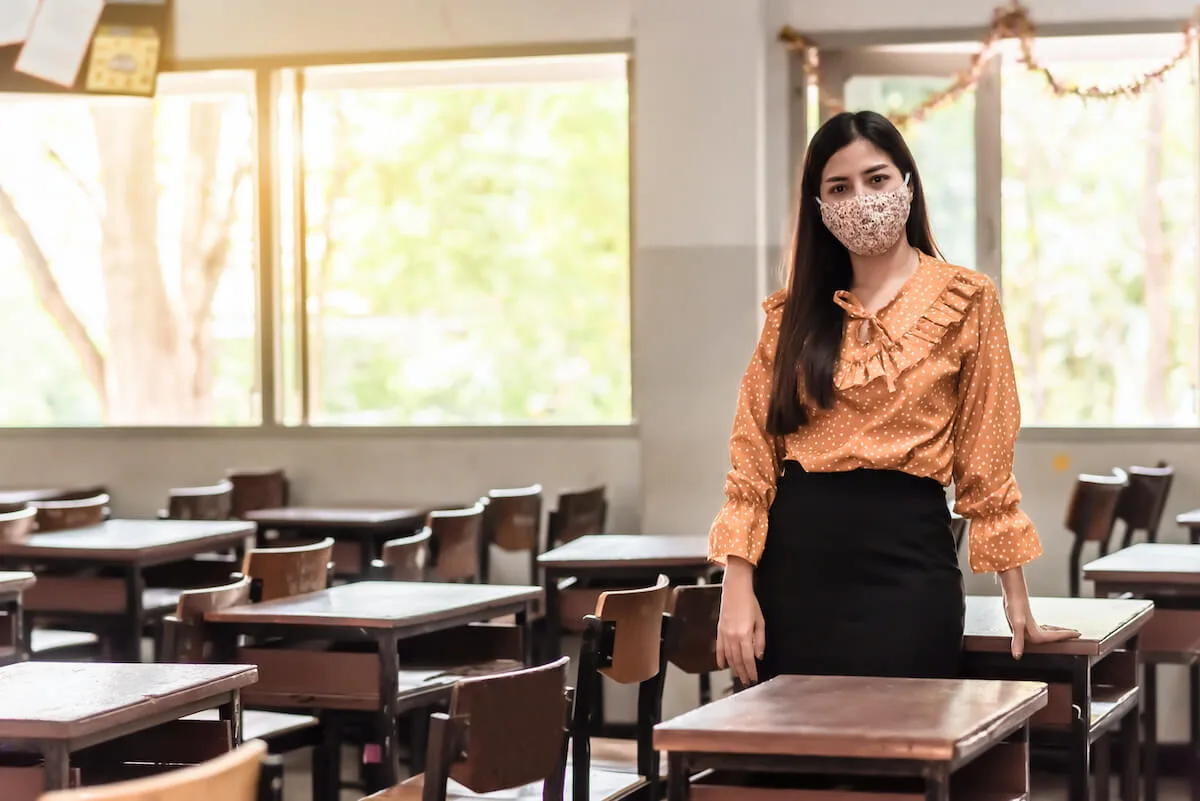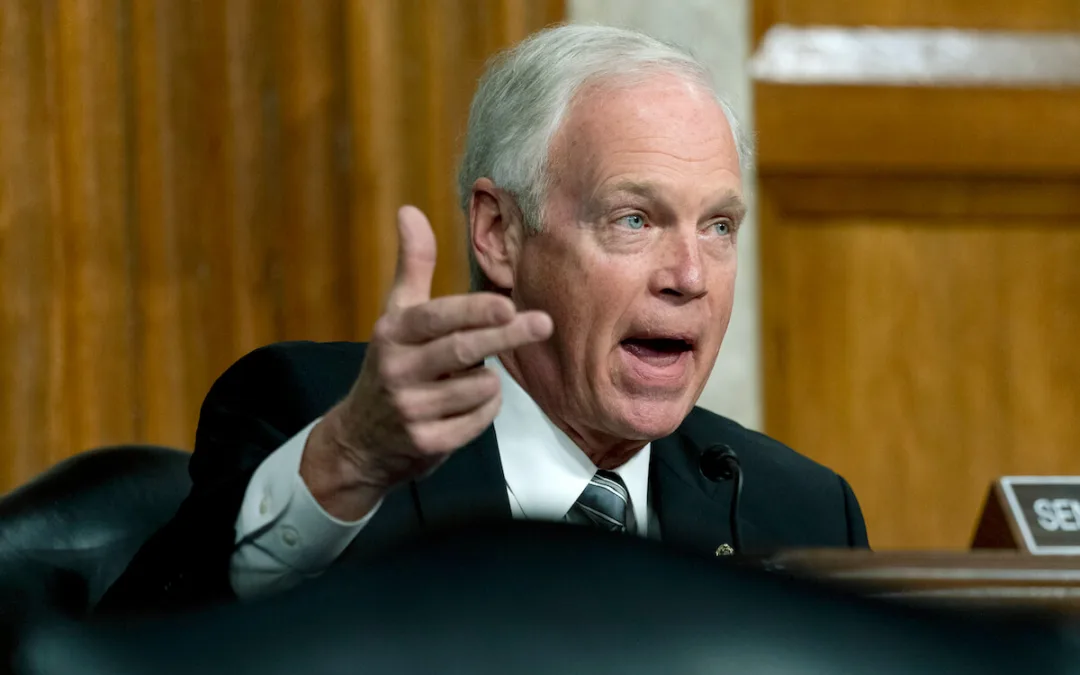
#image_title
#image_title
Many say it is not worth the health risks.
After 35 years teaching in the Eau Claire school district, Sue Smith was eager to work as a substitute educator after retiring in 2018, keeping connected with young students she so much enjoyed helping learn reading, writing and other skills.
Last school year Smith, 60, worked periodically as a substitute teacher in kindergarten and first-grade classes after working as a kindergarten teacher for most of her career.
“I love working with those kids. I love their enthusiasm,” Smith said Tuesday. “It’s great to see them make those learning connections.”
But Smith said won’t be working with students this fall. As Wisconsin school districts unveil their plans to resume classes and as the coronavirus continues to surge across Wisconsin, she is among many substitute teachers who said returning to in-person instruction, even on a limited basis, is too risky to their health.
Smith has underlying health issues, she said, and her elderly parents, who are at higher risk of contracting the virus, rely on her for care.
“I just don’t see how it’s going to be safe,” Smith said of plans in the Eau Claire school district and others in the state that include at least some face-to-face instruction during the upcoming school year. “I just can’t take the chance.”
Smith is far from alone among substitute teachers across Wisconsin who said they won’t teach in schools this fall because they’re concerned about contracting COVID-19 by doing so. Educators who previously have worked as substitutes told UpNorthNews that in-person instruction models are too risky, especially for people older than 50 who would be around students for prolonged periods of time.
Many said they worry about catching the virus in schools, even with district-mandated protocols such as social distancing and other measures at schools intended to prevent spread of the illness. Students, especially younger ones, they said, aren’t likely to conform to behavior standards that would keep the contagious virus from spreading.
Cases of the virus have risen rapidly in recent weeks in Wisconsin. On Tuesday, the state Department of Health Services reported 1,117 new cases of COVID-19, the largest-one day increase since the state began tracking cases of the virus in March. There are 44,135 confirmed cases of the virus in the state and 859 deaths.
Concerns about teacher and student safety amid growing COVID-19 numbers prompted the Milwaukee and Madison school districts to begin the upcoming school year with online-only instruction, and other districts are considering similar action.
State Department of Public Instruction spokesman Chris Bucher said the agency’s records show 6,908 people have short-term substitute teaching licenses as of Tuesday. Substitute teachers already were in short supply in Wisconsin and many other parts of the country. School districts across the state have reported a need for more substitutes since 2011, prompting a relaxing of rules to allow people with associate’s degrees, and not bachelor’s degrees, to work as subs.
The shortage comes as education organizations call for more funding to meet school needs this fall, and as President Donald Trump and Education Secretary Besty DeVos are demanding that schools return to full-time, in-person instruction or face federal funding cuts.
In contrast, Democrat Joe Biden’s presidential campaign on Friday released a five-part plan for reopening schools that includes $34 billion in federal funding and links a decrease in COVID-19 cases to schools reopening.
The lack of substitute teachers is likely to become significantly more acute this school year as a climbing number of COVID-19 cases is prompting growing fears among educators about returning to the classroom, leaders of two of Wisconsin’s education advocacy organizations said. In some cases full-time teachers said they may not teach this year, or may retire earlier than they intended, because of fears of contracting the virus.
“The substitute shortage is going to be catastrophic this year,” said Heather Dubois Bourenane, executive director of the Wisconsin Public Education Network. “It’s one of the main things school districts are worried about.”
A lack of substitutes could prompt some districts to reduce or shut down in-person instruction, she said, if too many teachers contract the virus and there aren’t enough substitutes or other staff to fill in for them. Wisconsin Education Association Council President Ron Martin concurred with that assessment, calling the anticipated shortage “a huge concern.”
“The situation with substitutes has to be a consideration for a school board and administrators when they decide how we reopen schools in different districts,” Martin said. “If you don’t have enough substitute teachers, teaching classes might become really difficult at some point.”
Pam Girtz, a retired special education teacher who subbed most often in the Unity school district in Polk County, said she isn’t likely to teach in classrooms this fall because of COVID-19 concerns.
“Most of the substitutes are older like myself with other health issues,” she said.
Likewise, Amanda Boyer said she is reluctant to return as a substitute in the La Crosse school district this year because of the risk of becoming infected with COVID-19. She said she can’t justify possibly infecting her husband and two children, or others she would come into contact with, if she catches the virus.
“How can I justify that to my family?” she said.
School district administrators and school board members around the state acknowledged the likely shortage of substitute teachers this fall. During a meeting Monday at which the Eau Claire school board approved a plan to begin the school year with a mix of in-person and online learning, teachers and board members acknowledged concerns about a lack of subs. At the meeting, district teacher Dan Wilson said he expects “an even greater shortage of substitute teachers this fall.”
Deb Peterson will be among those not in the classroom this fall. The retired Eau Claire Memorial High School English teacher said she has enjoyed working as a sub in past years, but at age 63 she isn’t willing to risk contracting COVID-19.
“I love the kids. I love teaching,” she said. “But I’m not done living my life. The risk of catching this, it’s just not worth it.”
Politics

Biden administration bans noncompete clauses for workers
The Federal Trade Commission (FTC) voted on Tuesday to ban noncompete agreements—those pesky clauses that employers often force their workers to...

Opinion: Trump, GOP fail January 6 truth test
In this op-ed, Milwaukee resident Terry Hansen reflects on the events that took place on January 6, the response from Trump and other GOP members,...
Local News

Readers Poll: Top Bowling Alleys in Wisconsin
Looking for the best bowling in Wisconsin? Look no further! Our readers have spoken in our recent poll, and we have the inside scoop on the top...

8 Wisconsin restaurants Top Chef judges are raving about
Top Chef’s 21st season is all about Wisconsin, and on-screen, it’s already apparent that the judges feel right at home here. But, while filming in...



